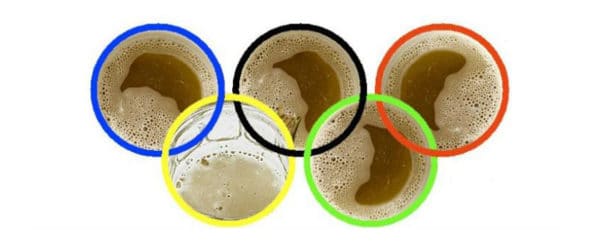A Look at the Relationship between Substance Use and the Olympics

Substance use and the Olympics have been closely linked practically since the beginning of the modern-day games, and perhaps even during their ancient-Greek forerunners. Between alcoholism in aging athletes, a decades-long pathology of doping crises that have marred the legitimacy of the games many times over opioid-related issues that athletes develop to counteract the prolonged pain of competitive play, drugs and the Olympics have, indeed, been not-so-strange bedfellows. It’s not just the athletes, however, that have been casualties of this relationship. Much like the Super Bowl, which is now in our rear view, the Olympics represent a time of increased social gathering and celebration, which very often translates to drinking and other drugs.
Starting on February 9th, over 200 million Americans are expected to tune into the Olympics over its two weeks of televised coverage. For many, this means two weeks’ worth of partying, two weeks’ worth of watching coverage at a local bar or restaurant and two weeks’ worth of gathering with friends to watch the games. For those in recovery, it also means being even more mindful of the possibility of relapse and the realization that there may be alcohol, marijuana and other drugs at many of these celebrations—people party in their own way and it’s important to be ready for the inevitable close encounters with these types of substances.
The jovial and celebratory atmosphere that leads many to relapse during sporting events like the Super Bowl is extended two weeks, and a heightened sense of self-awareness may be the one thing standing between continued sobriety and becoming a casualty of the relationship between substance use and the Olympics. This means knowing which parties and outings to skip and attend, realistically assessing our readiness to be around drugs and alcohol and relying on the behavioral tools we learned in treatment. Just as Olympic athletes train their whole lives to compete, those in recovery train heavily with their therapists and treatment professionals to avoid relapse in high-pressure situations.
Recovery Unplugged wishes everyone a happy, safe and sober Olympic season, and we urge anyone who relapses during a celebration or gathering to get help immediately to get back on track.
We take our music-focused treatment for addiction very seriously, so we are going to hold our content to the same precision standards. Recovery Unplugged’s editorial process involves our editing safeguard and our ideals. Read our Editorial Process.

